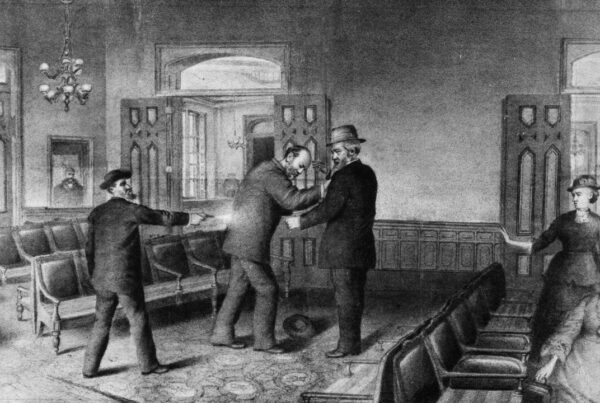Alternative Names:
Mourabitounes, Al-Mourabitoun, Al-Morabitoune, Al-Mourabitoune and Les Almoravides.
Location:
The group’s origins are in Algeria and Mali, however, it has also been known to operate in Niger and Libya.
Leadership:
Lead by Mokhtar Belmokhatr following the merging of Al Muwaqi’un Bil Dima and Le Movement pour l’Unification et le Jihad en Afrique de l’Ouest (MUJAO).
Membership:
Comprised of loyal followers of Belmokhatr and loosely affiliated members of Al-Qaida in the Islamic Maghreb (AQIM), as well as members of the former MUJAO .
Funding Sources:
Relatively similar to those of Al Qaida and Al Qaida in the Islamic Maghreb.
Origins:
Al-Mourabitoun was established on August 20, 2013 through the merger of Al Moulathamoun and Le Movement pour l’Unification et le Jihad en Afrique de l’Ouest (MUJAO). It is noted to have close ties to Al Qaida and Al Qaida in the Islamic Maghreb.
Ideological Roots:
Al-Mourabitoun’s core ideology is based in the Islamic jihadist tradition. Their ideology is closely associated to Al Qaida in the Islamic Maghreb (AQIM). There is also a distinct emphasis placed on preventing and preempting Western intervention in the region.
Objectives:
Al-Mourabitoun’s primary goal is to spread jihad across North Africa. The group aims to unite Muslims from “the Nile to the Atlantic”. It was formed to strengthen efforts against French interests and military forces in Mali. Furthermore, Al-Mourabitoun has affirmed its loyalty to Ayman al-Zawahri, the Al Qaida leader, and Millah Omar, the emir of the Afghan Taliban.
Tactics:
Al-Mourabitoun carries out attacks on civilians, mostly in areas populated with Westerners such as hotels and restaurants. For example, in March 2015, the group claimed responsibility for an attack on a restaurant in Bamako, killing five people. Among the dead were a French citizen and a Belgian security officer.
Updated November 12, 2015







